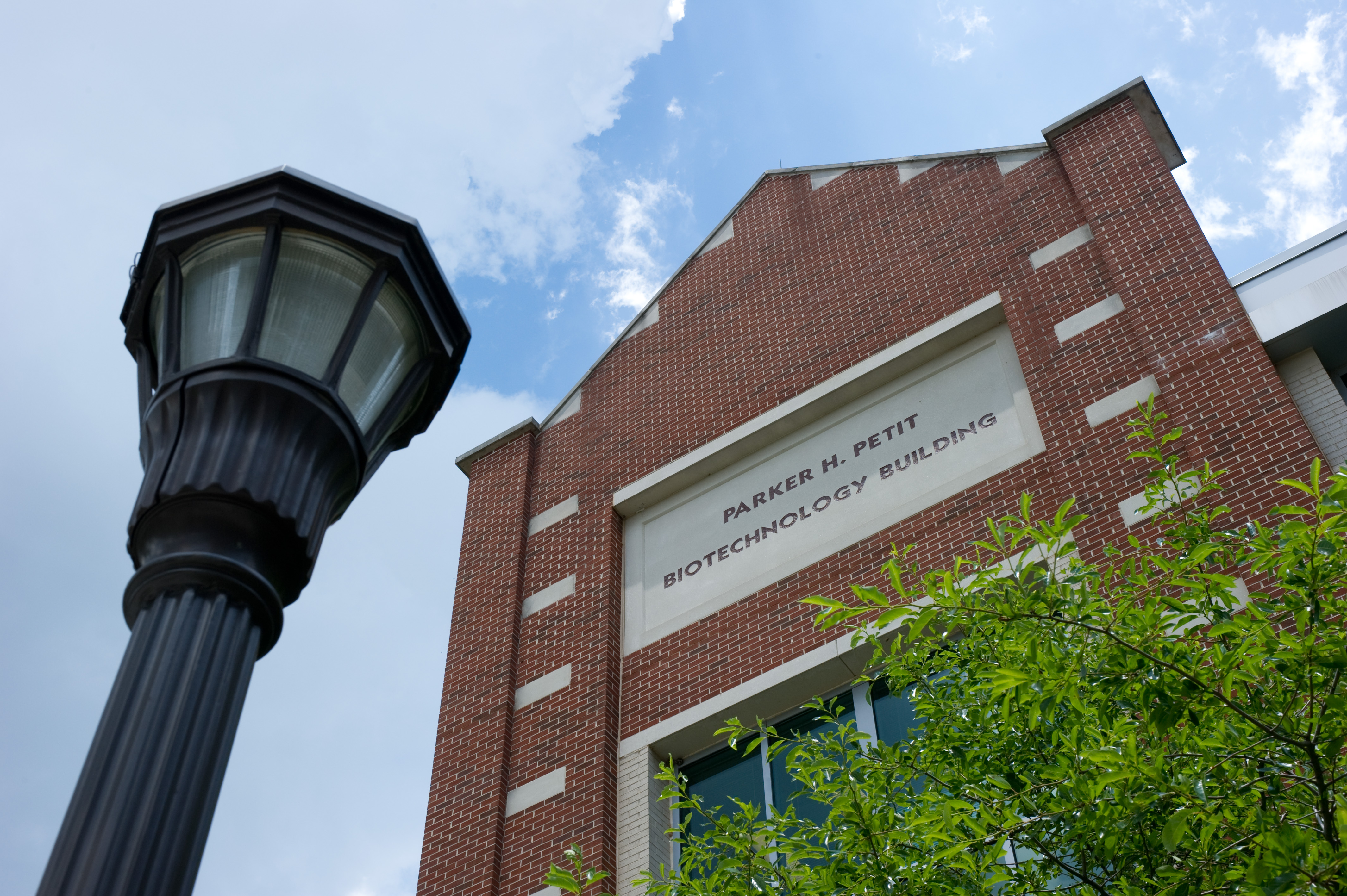The Parker H. Petit Institute for Bioengineering and Bioscience at the Georgia Institute of Technology sees continued growth in its faculty ranks with the addition of 23 new members in recent months. The group covers a wide swath of bioengineering and bioscience research fields, representing Georgia Tech, Emory, and Morehouse College.
This brings the total number of Petit Institute faculty to 244 members; meet the newest cohort below.
Guy Benian, professor of pathology and laboratory medicine, Emory University School of Medicine. The Benian lab focuses on the functions and structures of giant multi-domain proteins, and the mechanism by which myofibrils are attached to the muscle cell membrane and transmit force.
Ahmet Coskun, assistant professor, Wallace H. Coulter Department of Biomedical Engineering, Georgia Tech and Emory University. Coskun is a systems biotechnologist and bioengineer, working at the nexus of multiplex imaging and quantitative cell biology. His lab aims to deliver biotechnologies for spatial multi-comics profiling vision at the single cell level.
Prasad (Lakshmi) Dasi, professor, Coulter Department. Dasi's research is in translational cardiovascular engineering, pushing engineering to better treat and/or manage structural heart diseases in both adults and children.
Thomas DiChristina, professor, School of Biological Sciences, Georgia Tech. His Environmental Geomicrobiology Lab focuses on fundamental and applied aspects of microbial metal respiration.
Liang Han, assistant professor, School of Biological Sciences, Georgia Tech. Han’s research is focused on using a combination of molecular, cellular, immunohistochemical, electrophysiological, genetic and behavioral approaches to understand how the nervous system receives, transmits and interprets various stimuli to induce physiological and behavioral responses.
Karmella Haynes, associate professor, Coulter Department. The Haynes’ lab aims to identify how the intrinsic properties of chromatin, the DNA-protein structure that packages eukaryotic genes, can be used to control cell development in tissues.
Shella Keilholz, associate professor, Coulter Department. Keilholz's lab studies network dynamics in the brain using a combination of MRI, electrophysiology, and optical imaging.
Pinar Keskinocak, professor, H. Milton Stewart School of Industrial and Systems Engineering, Georgia Tech. Keskinocak's research focuses on the applications of operations research and management science with societal impact, particularly health and humanitarian applications, supply chain management, and logistics/transportation.
Adam Klein, professor of laryngology, otolaryngology, Emory University School of Medicine. Dr. Klein’s research interests include vocal cord reanimation, laryngeal papillomatosis, and designing a surgical trainer for phonomicrosurgery (voice surgery).
Sakis Mantalaris, professor, Coulter Department. The Biomedical Systems Engineering Laboratory focuses on providing integrated in vitro/in silico platforms for clinical translational biomedical applications, specifically delivering an interdisciplinary program on bioprocess engineering for the production of high-value products for precision healthcare applications.
David Myers, assistant professor, Coulter Department. Myers’ Sensors for Living Systems Lab (SL2) seeks to improve healthcare measurements and learn how to extract information from biological systems.
Tianye Niu, associate professor, George W. Woodruff School of Mechanical Engineering, Georgia Tech. The research interests of Niu’s Advanced Imaging Laboratory for Radiation Therapy focus on conebeam CT scanner design and spectral CT algorithm development, connected by the current need for clinical onboard and high-volume data analysis.
Christopher Porter, associate professor in hematology and oncology, Emory University School of Medicine. Dr. Porter's lab studies mechanisms of carcinogenesis and treatment resistance, with the goal of developing novel therapeutic strategies to improve the care of children with cancer.
Felipe Quiroz, assistant professor, Coulter Department. Quiroz’ lab engineers self-assembling materials that are genetically-encoded and stimuli-responsive.
Arijit Raychowdhury, professor, School of Electrical and Computer Engineering, Georgia Tech. Raychowdhury’s Integrated Circuits & Systems Research Lab studies low power digital and mixed-signal circuit design, design of power converters, sensors and exploring interactions of circuits with device technologies.
Christopher Saldana, assistant professor, Woodruff School. Saldana's current research interests are centered on establishing the processing science needed to realize next generation material systems (alloys, composites, bio-inspired) and manufacturing processes.
Britney Schmidt, associate professor, School of Earth and Atmospheric Sciences, Georgia Tech. The Planetary Habitability and Technology Lab works to understand how icy ocean worlds form, evolve, and ultimately could give rise to life.
Nicoleta Serban, professor, Stewart School. Serban’s research focuses on model-based data mining for functional data, spatio-temporal data with applications to industrial economics with a focus on service distribution and nonparametric statistical methods motivated by recent applications from proteomics and genomics.
Vahid Serpooshan, assistant professor, Coulter Department. Serpooshan Tissue Manufacturing & Analysis Lab uses a multidisciplinary approach to design and develop micro/nano-scale tissue engineering technologies with the ultimate goal of generating functional tissues and organs.
Jennifer Singh, associate professor, School of History and Sociology, Georgia Tech. Singh's research investigates the intersections of genetics, health and society, which draws on her experiences of working in the biotechnology industry in molecular biology and as a public health researcher at the Center for Disease Control and Prevention.
Jonathan Stiles, professor of microbiology, biochemistry, and immunology, Morehouse School of Medicine. Dr. Stiles’ research interests are in molecular pathogenesis of neglected diseases that affect the central nervous system (CNS) with emphasis on cerebral malaria and African trypanosomiasis ("Sleeping Sickness").
Amanda Stockton, assistant professor, School of Chemistry and Biochemistry, Georgia Tech. The Stockton group's research centers around three related astrobiological themes: the analysis of extraterrestrial organic molecules in the search for life beyond Earth, fingerprinting life at Earth’s extremes, and exploring the origins of biomolecules and the emergence of life.
Gleb Yushin, professor, School of Materials Science and Engineering, Georgia Tech. Yushin’s Nanotech Lab focuses on finding nanotechnology-driven solutions to enable the next generation of lighter, more energy dense, more cost-effective energy storage devices by studying their materials structure-property relationships.
For More Information Contact
Colly Mitchell



